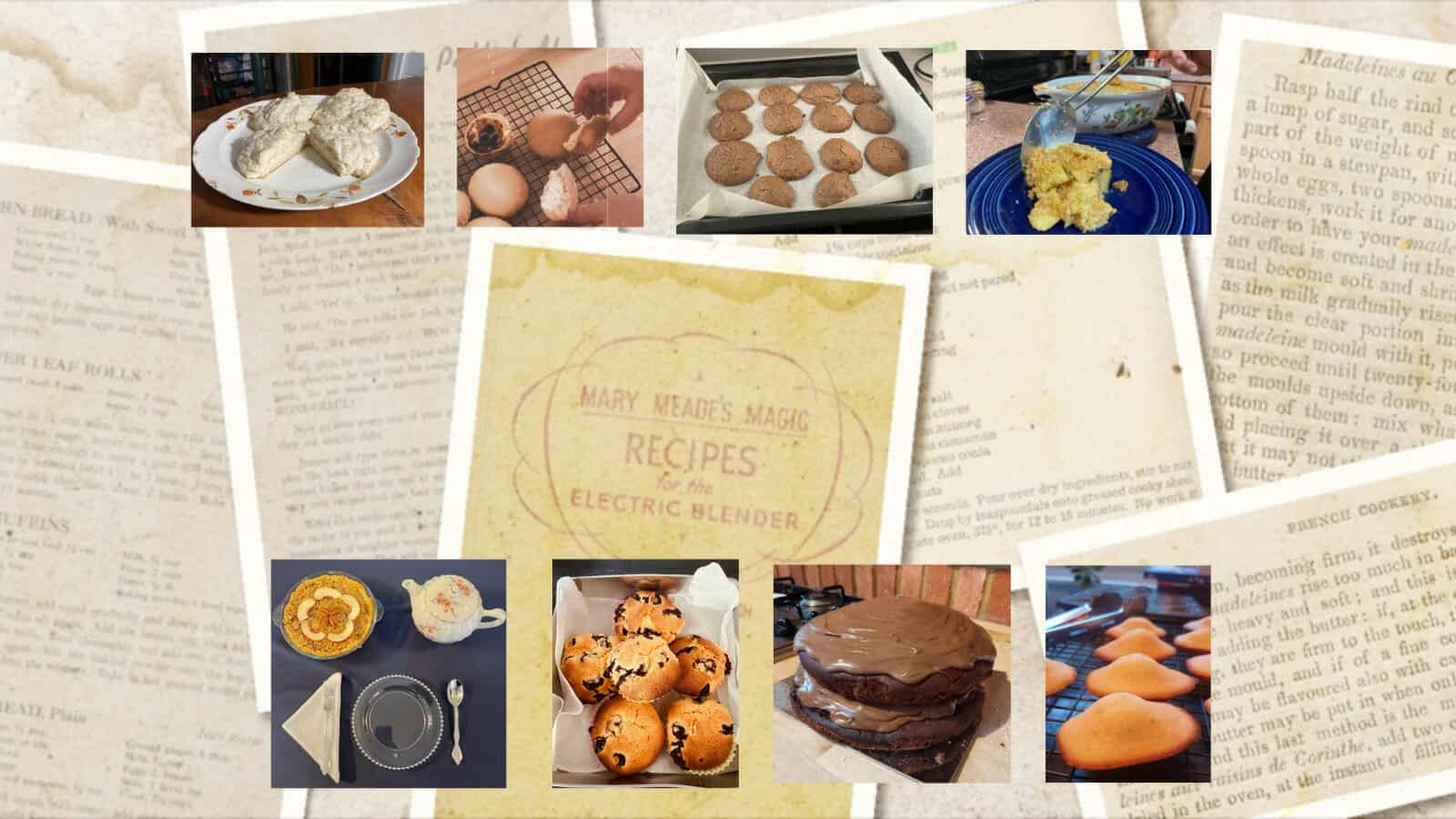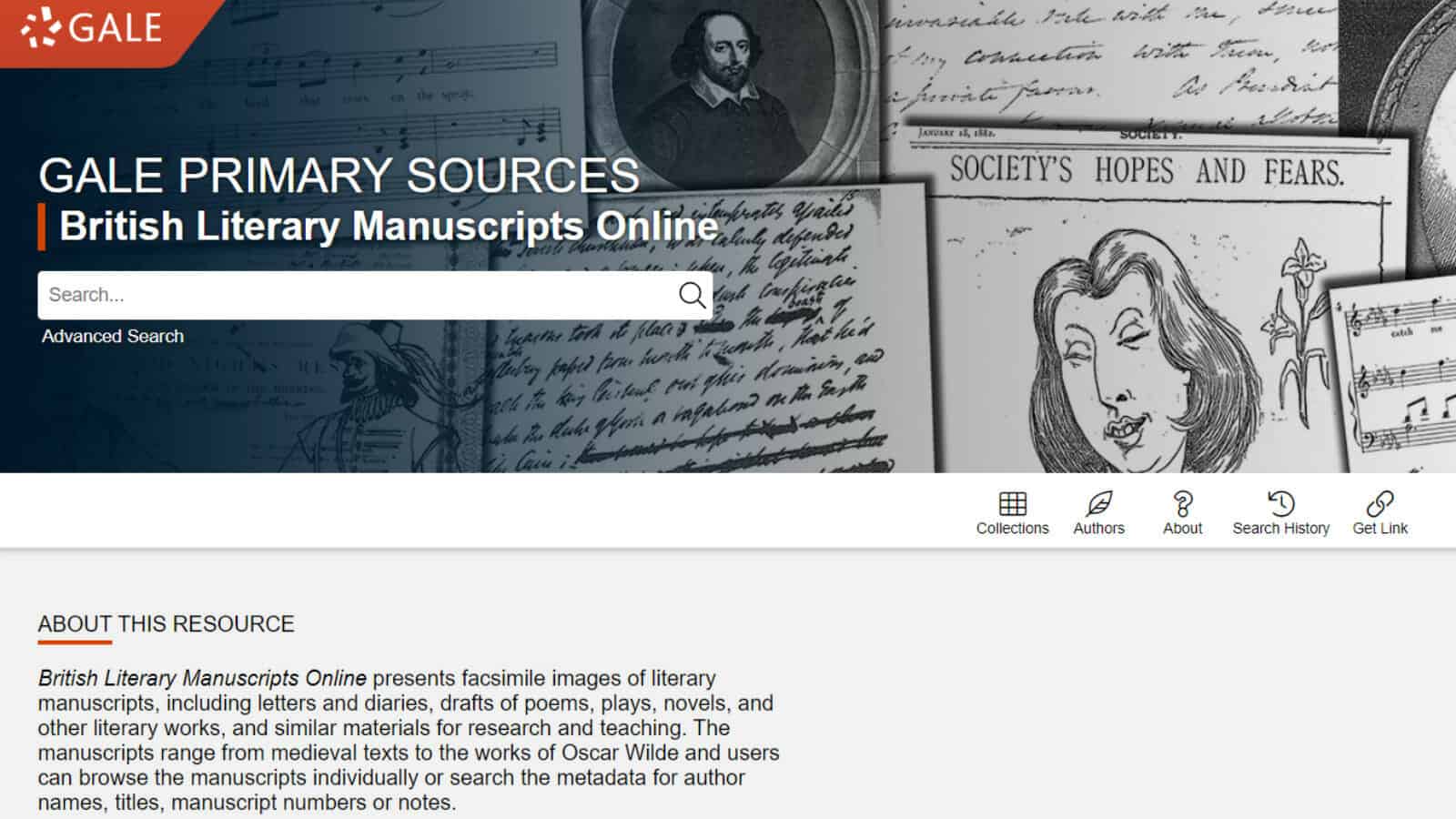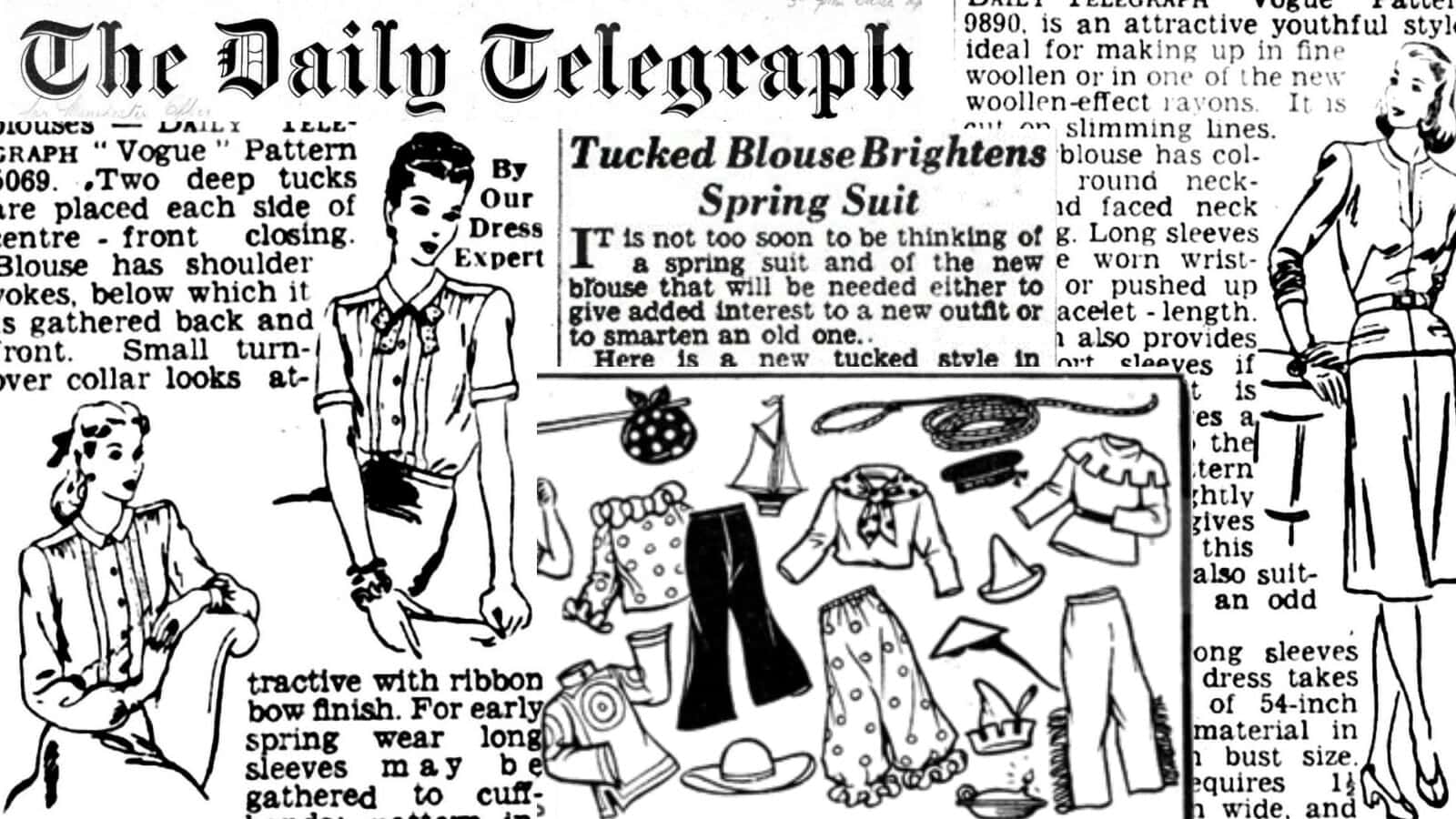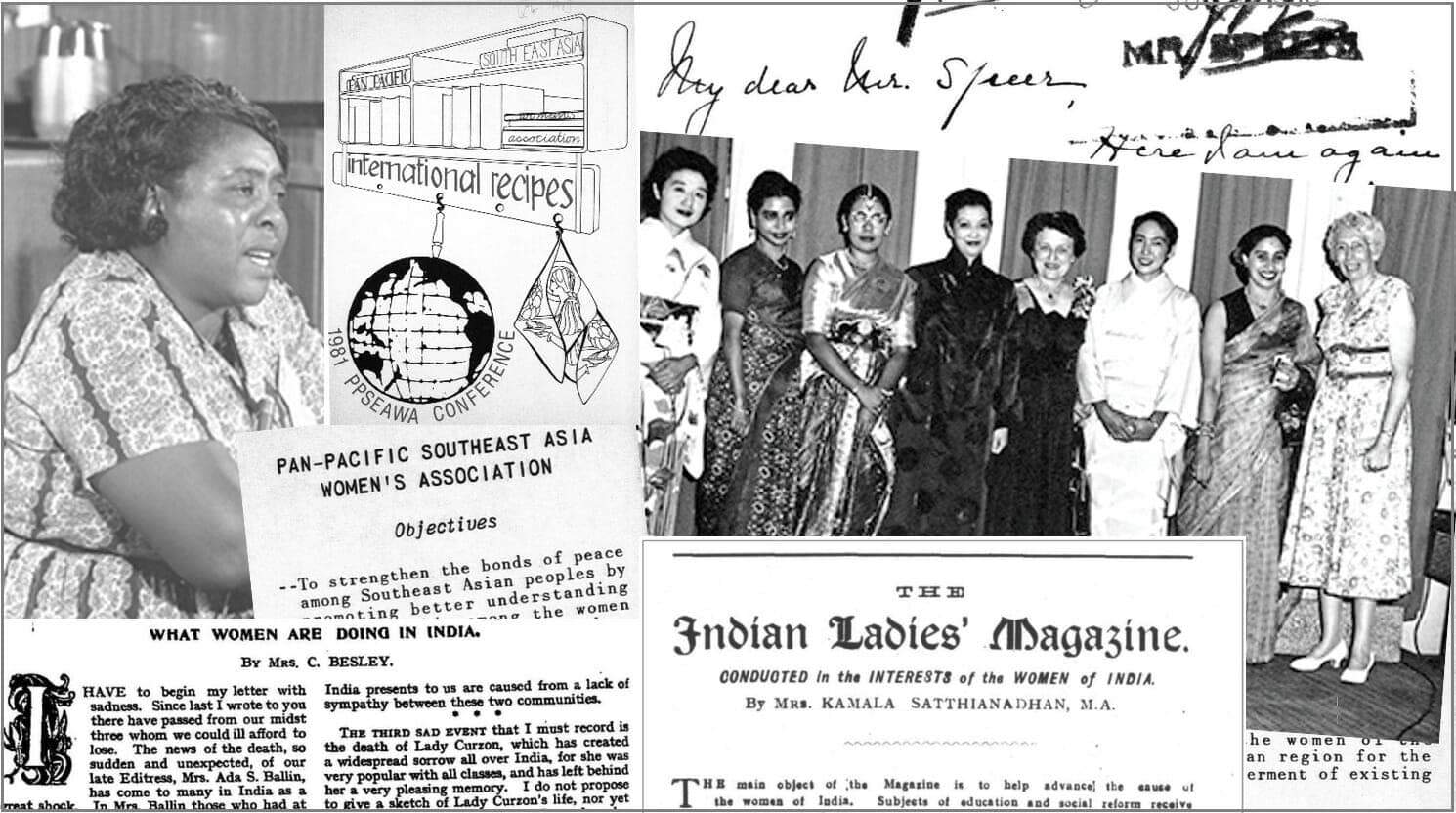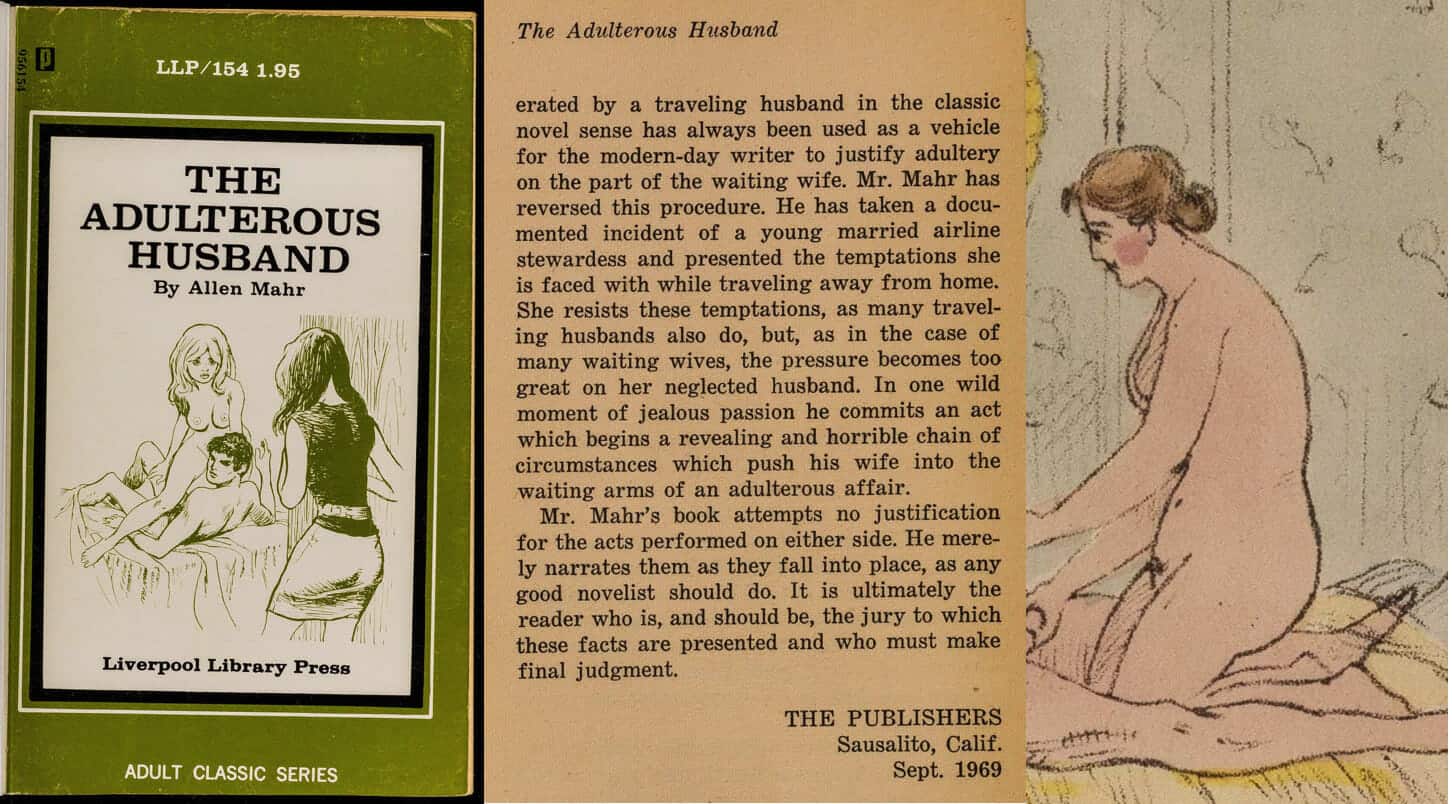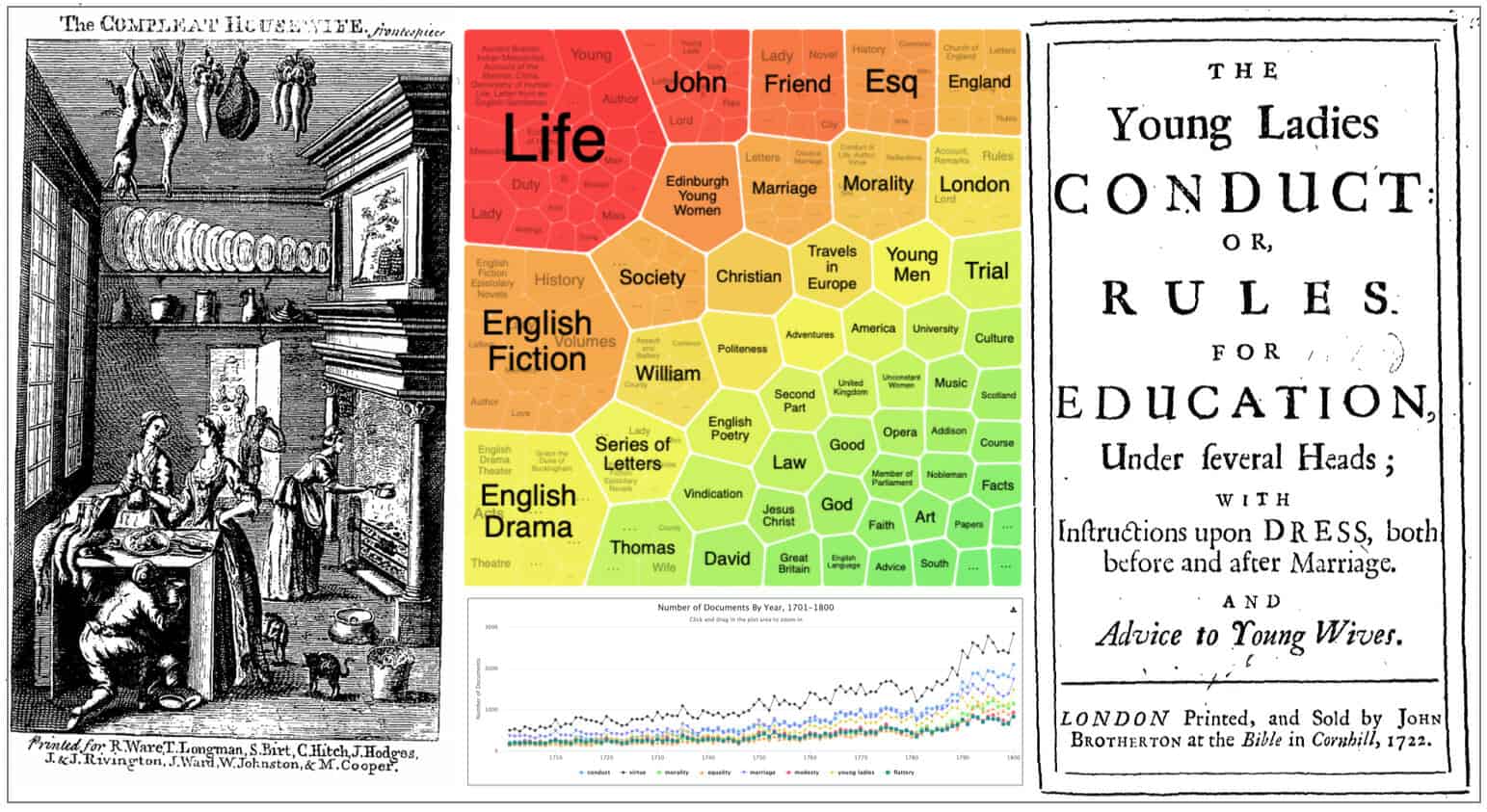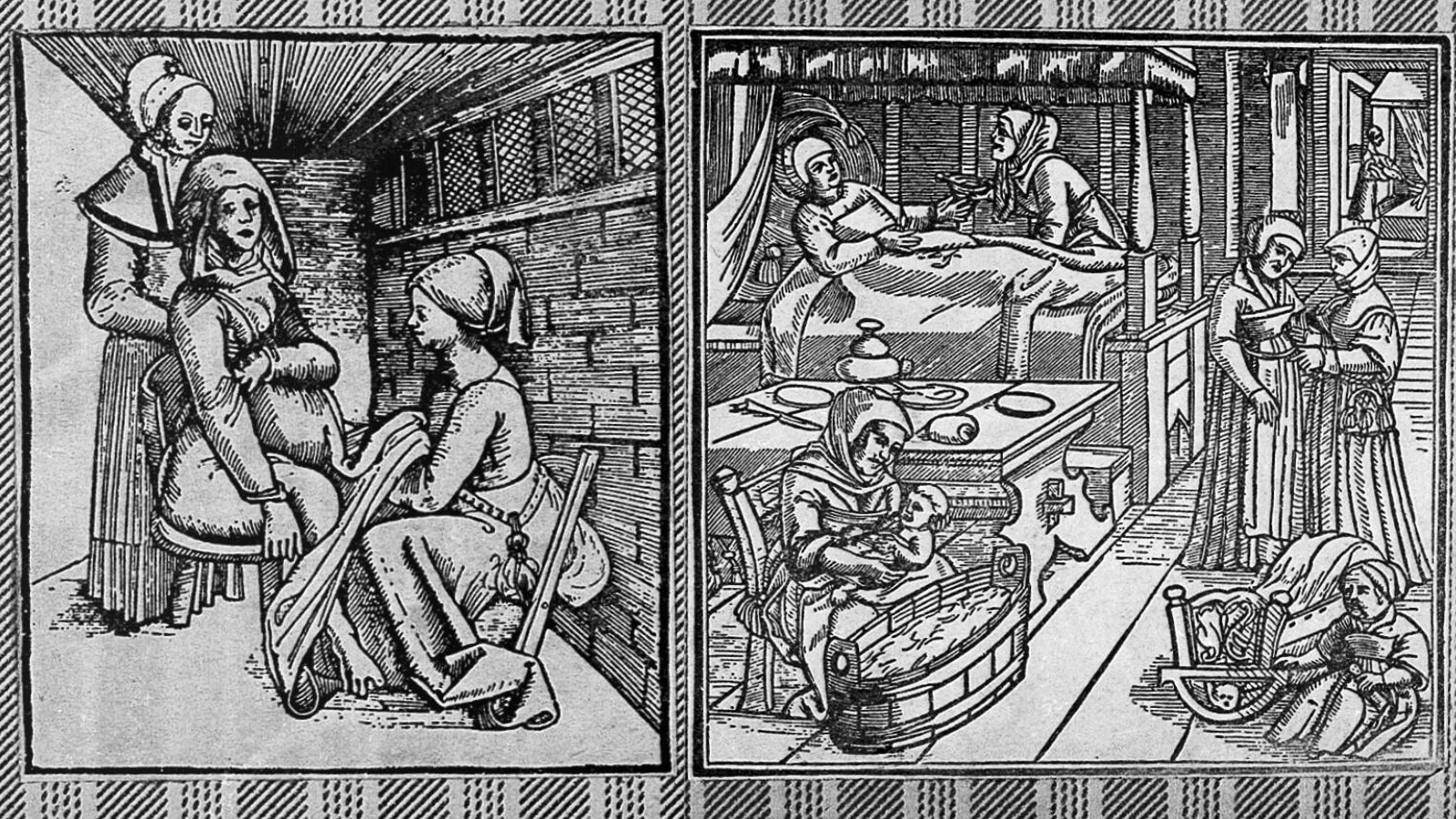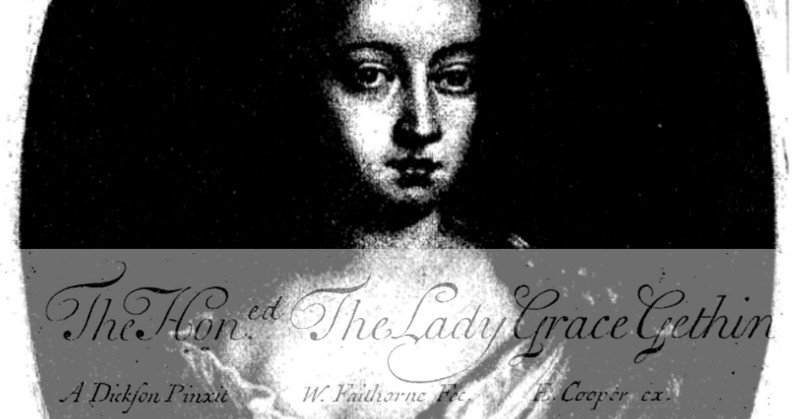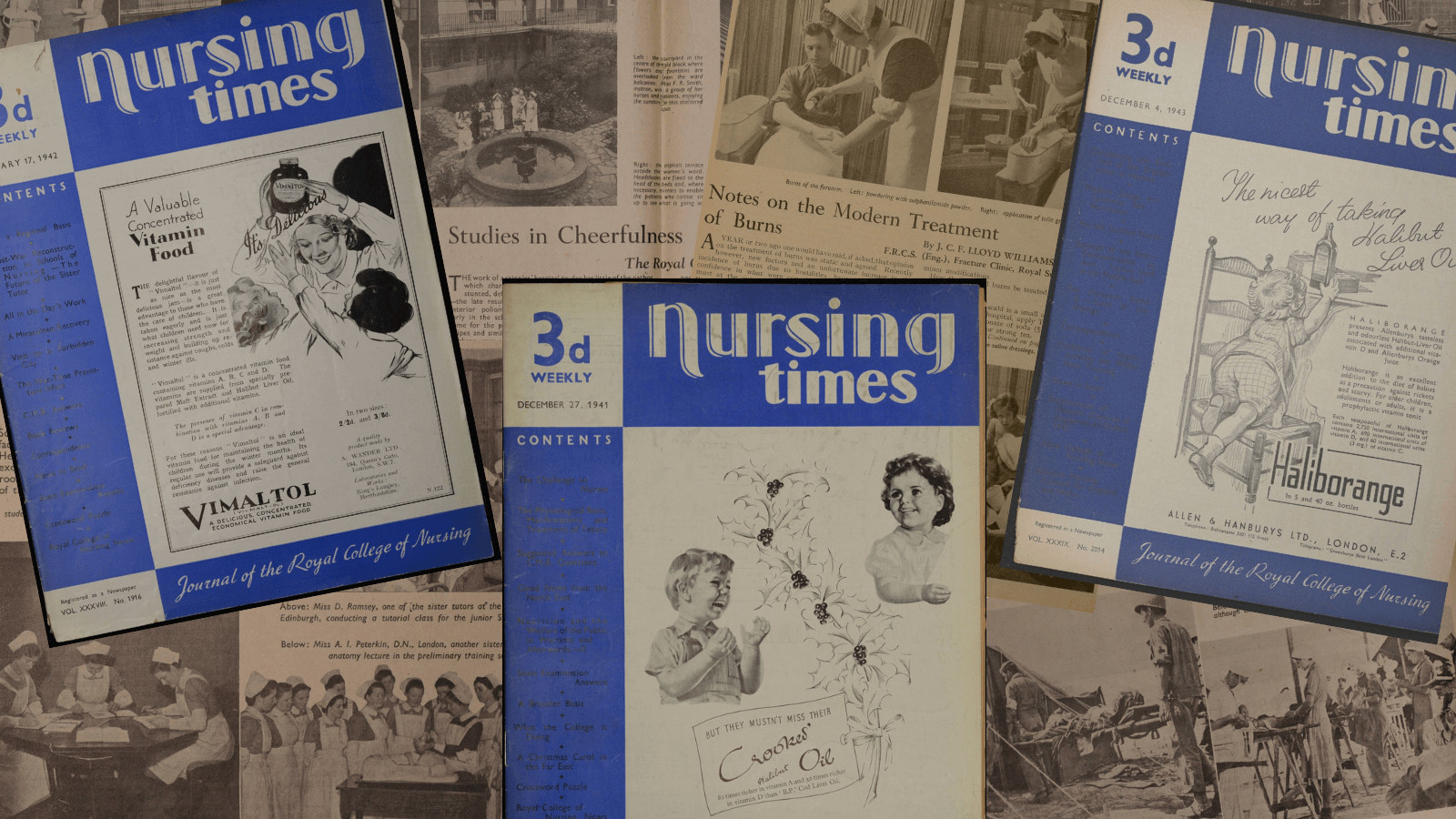│By Grace Pashley, Gale Ambassador at the University of Birmingham│
Erotic literature and the representation of human sexuality has been around for thousands of years, whether that be the erotic lyric poems of Sappho of Lesbos or the highly commercialised Fifty Shades of Grey. Embracing one’s sexuality and authentically representing human experience has been and continues to be a contentious topic in the modern day. The Private Case from the British Library, one of the collections in Gale’s Sex and Sexuality, Sixteenth to Twentieth Century archive, brings to light erotic printed books which were previously deemed too deviant and morally corrupt to be available to the general public in the British Museum Library. Whilst The Private Case from the British Library is now a historical collection which is no longer updated, this historical archive provides readers with an insight into the realities of sexuality, desire and contemporary attitudes around sex at the time that these books were produced.
Despite the benefits of uncovering the perceived, or potentially true, realities of intimacy in a period when sexual desire was condemned and criminalised, we must remember that much of the erotic literature is written by men for men. The representation of women in erotic literature is often limited as women are objectified by the male gaze, and not able to voice their own thoughts about their sexual encounters. Whilst objectified, women are still represented as individuals who enjoy sexual encounters, but usually only in service of men, and have little to no agency in these sexual encounters. Yet, whilst it’s important to recognise the male gaze and its impact on how women and their sexual desire is portrayed, The Private Case from the British Library is able to provide researchers with an unabashedly revealing depiction of human sexuality.
Read more

